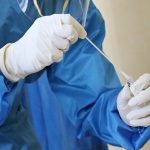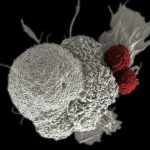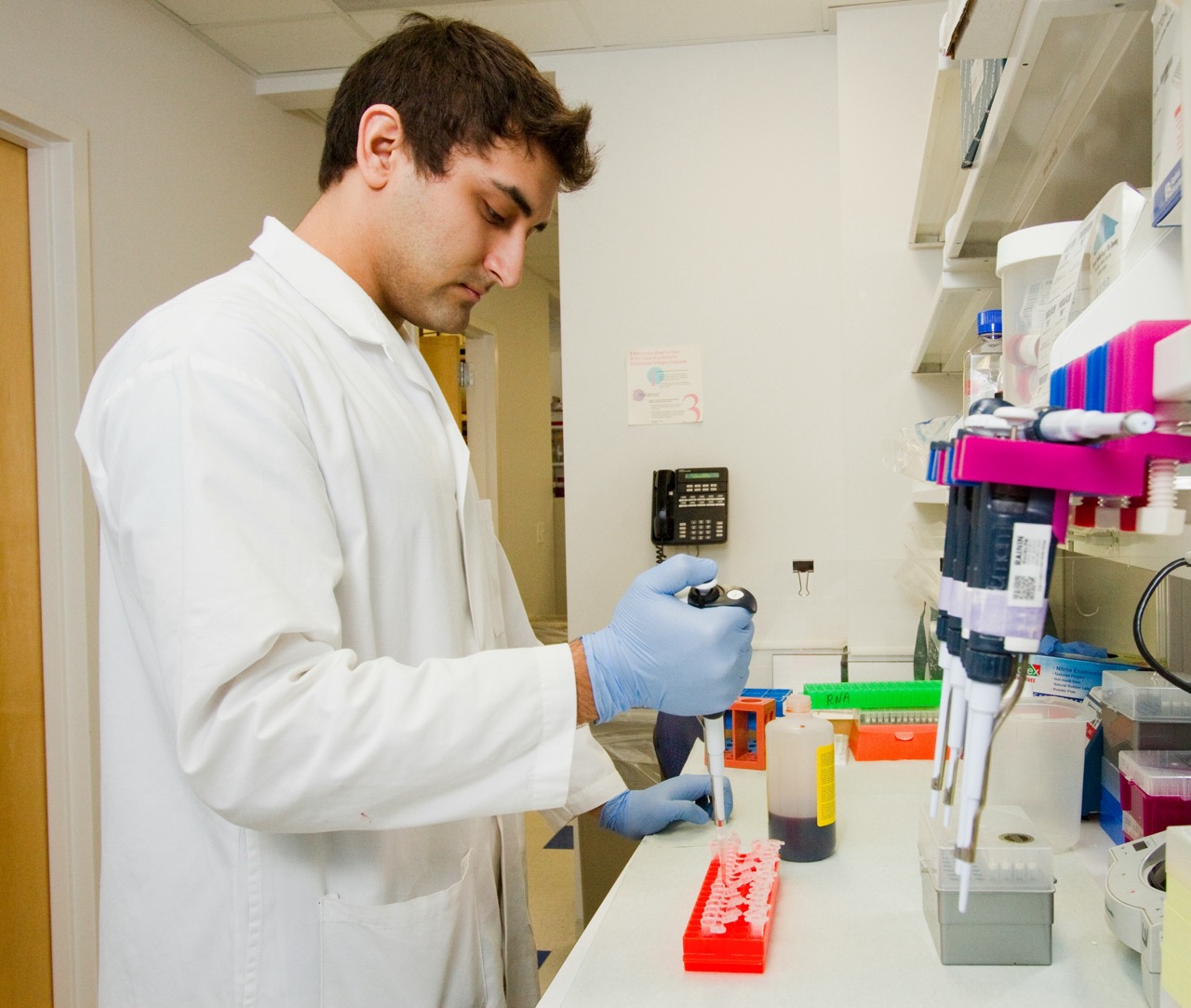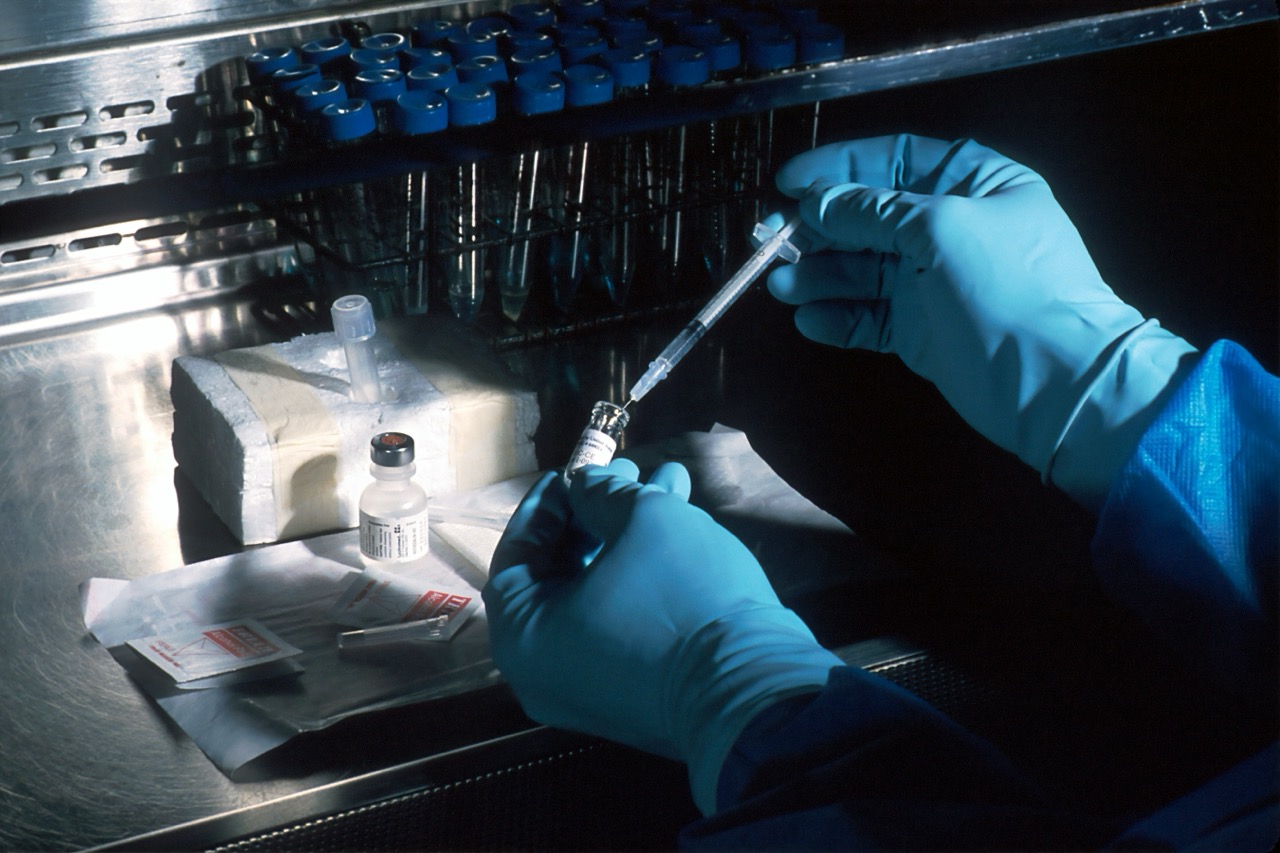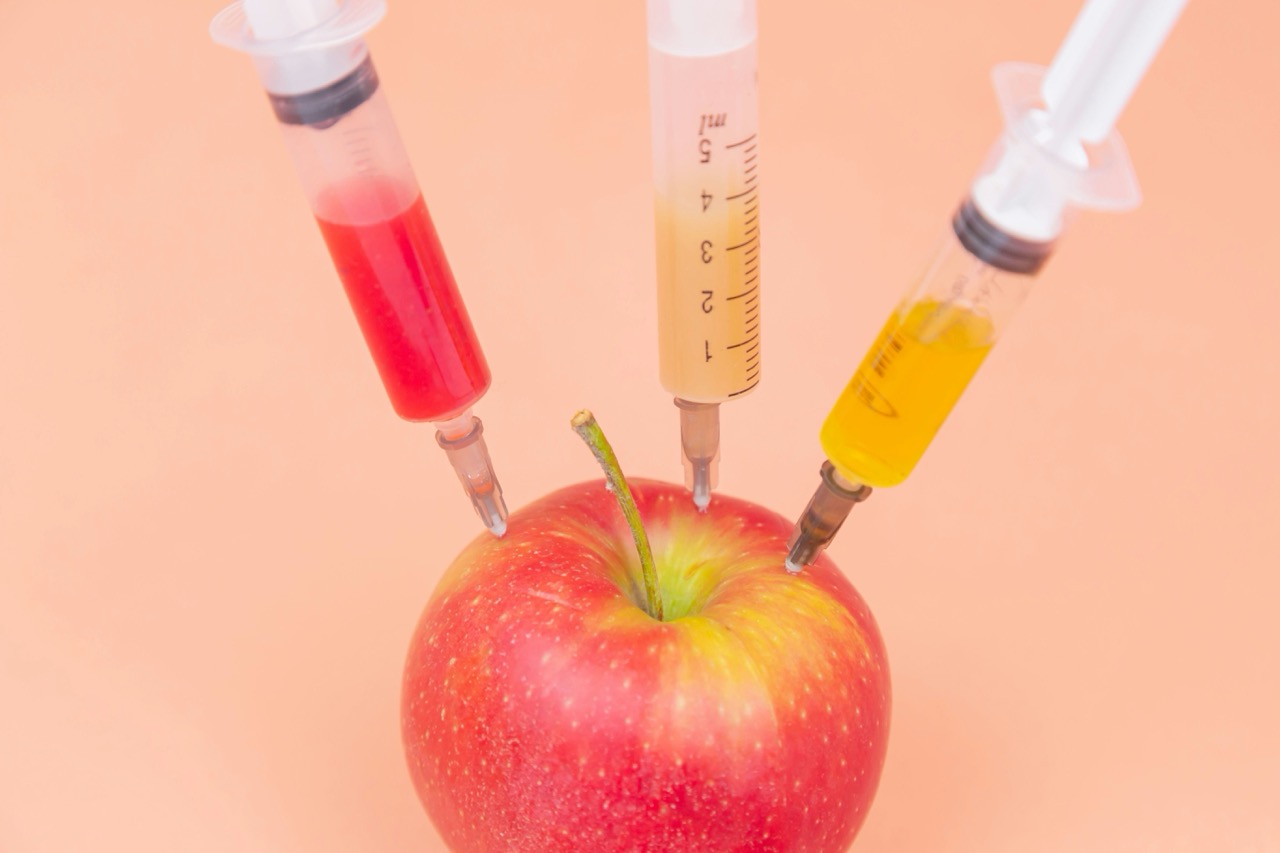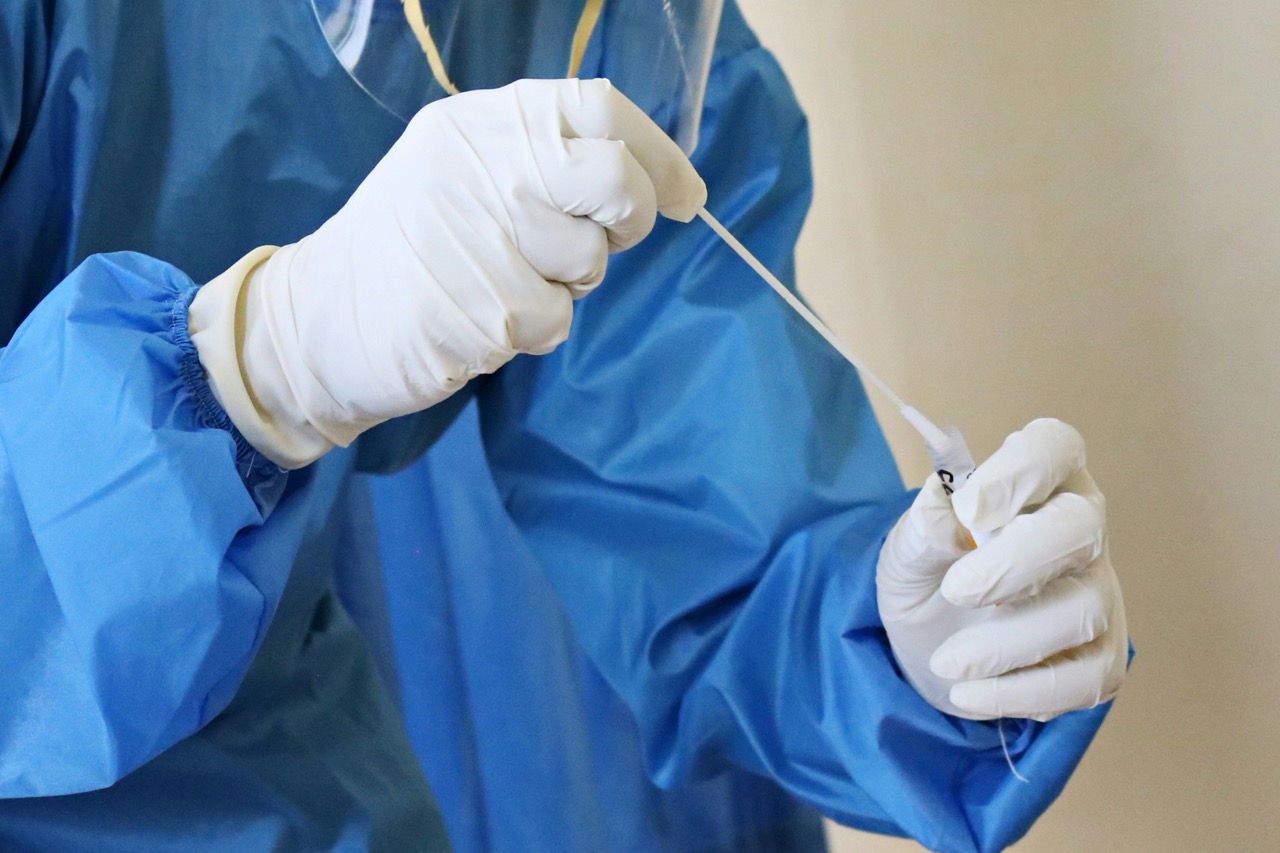Human Papillomavirus (HPV) is one of the most common sexually transmitted infections worldwide, affecting millions of people annually. While many individuals may be asymptomatic, certain types of HPV can lead to serious health complications, including cervical cancer and other anogenital cancers. Understanding how to manage HPV naturally can empower individuals to support their health effectively. This article explores the types of HPV, the immune system’s role, dietary strategies, and lifestyle modifications that can enhance wellness while managing HPV.
Understanding HPV: Types, Symptoms, and Risks Involved
HPV is classified into over 200 different strains, with more than 40 types capable of affecting the genital area. These types are generally divided into two groups: low-risk and high-risk HPV. Low-risk types, such as HPV 6 and 11, can cause benign conditions like genital warts. In contrast, high-risk types, including HPV 16 and 18, are associated with various cancers, particularly cervical cancer. Recognizing the specific type of HPV is crucial in assessing the potential health risks and determining the necessary medical interventions.
Symptoms of HPV can vary significantly depending on the type of strain infecting an individual. Many may experience no symptoms at all, leading to the virus being unknowingly transmitted. For those who do experience symptoms, they may include genital warts, which manifest as small lumps in the genital area. In some cases, persistent infection with high-risk HPV can lead to precancerous changes in cervical cells, which may not present symptoms until they advance to more severe conditions. Regular screenings, like Pap smears, are vital for early detection of any abnormalities associated with high-risk types of HPV.
The risks associated with HPV extend beyond immediate physical symptoms. The psychological impact of an HPV diagnosis can result in anxiety and stigma, affecting relationships and overall emotional well-being. Additionally, individuals with compromised immune systems, whether due to conditions like HIV or medications such as immunosuppressants, are at a higher risk of developing complications from HPV. Understanding these risks emphasizes the importance of natural management strategies to bolster the immune system and support overall health.
Natural Approaches to Boost Your Immune System Effectively
The immune system plays a critical role in managing HPV, as it is responsible for fighting off infections and preventing the virus from causing further health issues. A strong immune response can help the body clear the virus naturally, reducing the risk of developing complications. There are various natural approaches to enhance immune function, starting with stress management. Chronic stress can weaken the immune system, making it more difficult for the body to fight infections. Incorporating practices such as meditation, yoga, and deep-breathing exercises can promote relaxation and support immune health.
Another effective method to boost the immune system is through regular physical activity. Exercise improves circulation, reduces inflammation, and helps maintain a healthy weight, all of which contribute to optimal immune function. Engaging in at least 150 minutes of moderate exercise each week, such as walking, biking, or swimming, can create significant benefits for overall health. Additionally, incorporating immune-supportive supplements like vitamin C, vitamin D, and zinc may help enhance the body’s ability to fight infections, although it’s essential to consult with a healthcare professional before starting any new supplements.
Sleep quality is another crucial factor in maintaining a robust immune system. During sleep, the body goes into repair mode, producing immune cells that fight off infections. Aim for 7-9 hours of quality sleep per night, and establish a calming nighttime routine to promote better rest. Minimizing caffeine intake, creating a sleep-friendly environment, and adhering to a consistent sleep schedule can help enhance overall sleep quality, thereby supporting immune health and the body’s ability to manage HPV.
Dietary Choices That Support HPV Management and Overall Health
Nutrition plays a vital role in supporting the immune system and overall health, particularly for individuals managing HPV. A balanced diet rich in antioxidants can help combat oxidative stress and inflammation, which are detrimental to immune function. Foods such as fruits, vegetables, nuts, and whole grains are packed with vitamins and minerals that promote immune health. Aim to include a rainbow of fruits and vegetables in your daily diet, with a focus on leafy greens, berries, citrus fruits, and cruciferous vegetables, as these are particularly nutrient-dense.
In addition to fruits and vegetables, certain foods can specifically support cervical health and immune function. Incorporating sources of omega-3 fatty acids, such as fatty fish, flaxseeds, and walnuts, can reduce inflammation and support overall cellular health. Fermented foods rich in probiotics, like yogurt, sauerkraut, and kimchi, can enhance gut health, which is increasingly recognized for its connection to immune health. A healthy gut microbiome can play a significant role in preventing persistent infections, including HPV.
Hydration is another essential aspect of dietary management. Drinking adequate amounts of water daily helps flush toxins from the body, supports cellular functions, and aids digestion. Herbal teas, particularly those with anti-inflammatory properties, such as green tea and ginger tea, can also provide additional health benefits. Limiting processed foods, refined sugars, and alcohol can further enhance dietary choices to promote a healthier immune system and overall well-being while managing HPV.
Lifestyle Modifications for Enhanced Wellness and Resilience
Implementing lifestyle modifications can significantly influence overall wellness and resilience in managing HPV. One crucial change involves establishing a consistent routine that balances work, relaxation, and social interactions. Engaging in hobbies, nurturing relationships, and spending time outdoors can provide emotional support and reduce stress levels. Building a supportive network of friends and family can foster resilience and a positive mindset, which are essential for maintaining overall health.
Incorporating mindfulness practices into daily life can also enhance emotional well-being and resilience. Techniques such as mindfulness meditation, journaling, or gratitude practices can help individuals process emotions related to an HPV diagnosis and promote a healthier outlook. Developing a positive mindset can empower individuals to take charge of their health, motivating them to make beneficial lifestyle choices and seek appropriate medical care when necessary.
Lastly, regular health screenings and open communication with healthcare providers are integral to managing HPV effectively. Staying proactive about health can lead to early detection and intervention, reducing the risk of developing complications associated with HPV. Educating oneself about HPV, understanding risk factors, and maintaining an open dialogue with trusted medical professionals can empower individuals to navigate their health journey with confidence and resilience.
Managing HPV naturally involves a multi-faceted approach that embraces understanding the virus, boosting the immune system, making informed dietary choices, and adopting a healthy lifestyle. By focusing on these areas, individuals can take proactive steps to support their health, minimize the risks associated with HPV, and enhance their overall well-being. While natural management strategies can be beneficial, it is also essential to consult with healthcare professionals for personalized recommendations and regular monitoring. Empowerment through knowledge and proactive health management can pave the way for a healthier future.



